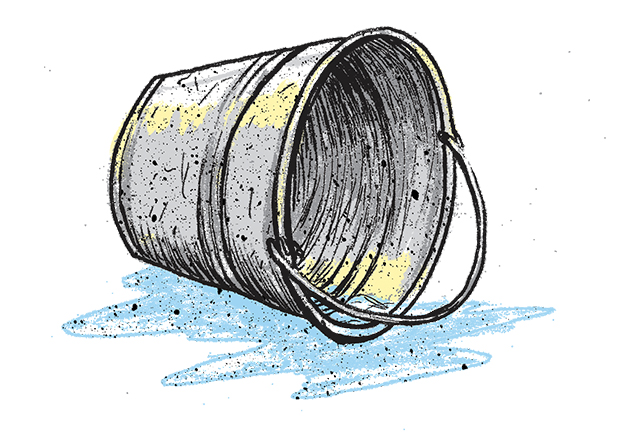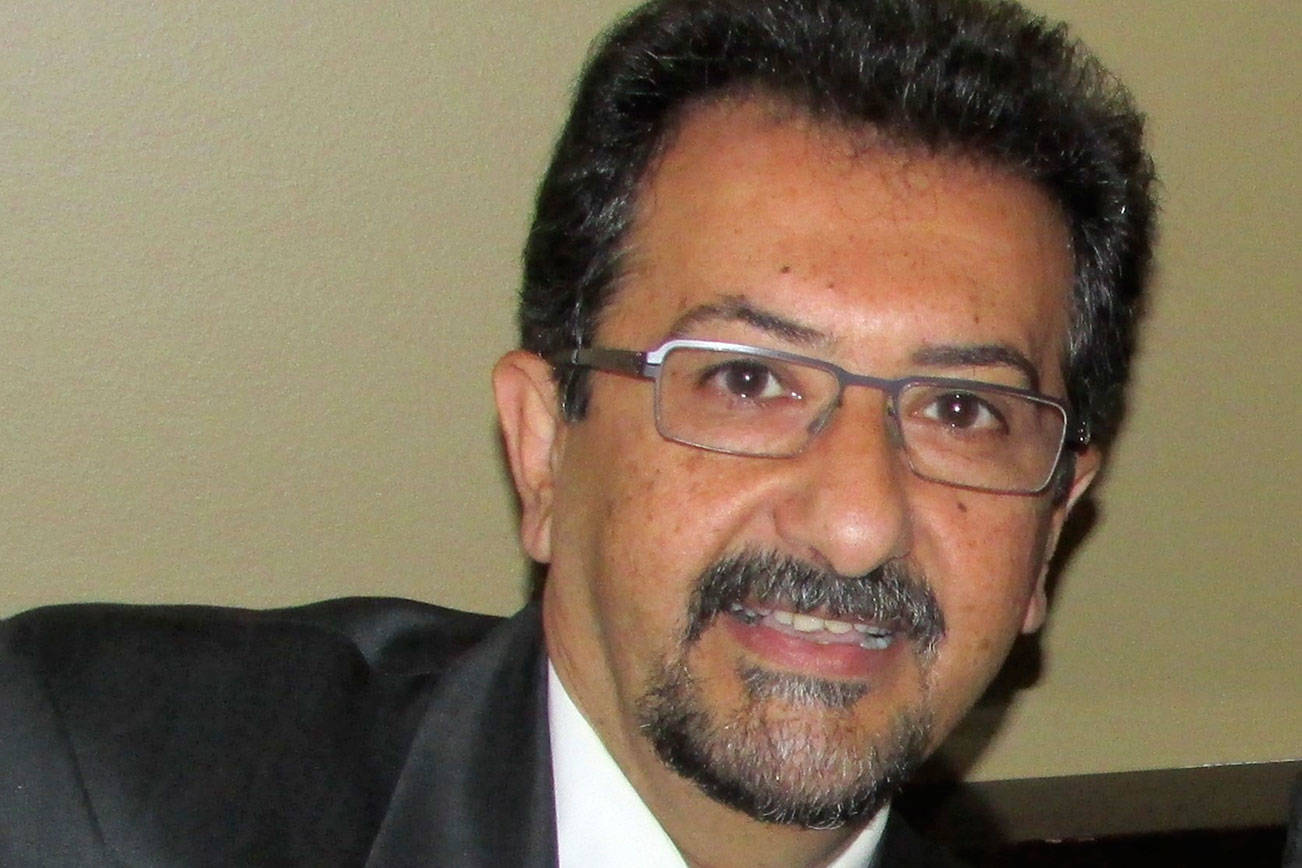Not to be outdone by local law-enforcement officials in Ferguson and New York City, the U.S. House of Representatives sought to restore the CIA’s place atop the totem pole of state-sanctioned violence by releasing the Senate Select Committee on Intelligence’s much-anticipated “Study of the Central Intelligence Agency’s Detention and Interrogation Program,” aka the “Torture Report,” on December 9, 2014.
An inquiry into the “enhanced interrogation techniques” exacted by the federal defense establishment on real and imagined terrorists in the mid-2000s, the report was primed to stuff the magnum stockings hanging above holiday fireplaces that could fit its 6,000 pages—or, for the light reader, the 525-page summary that was released to the public. And if the retrospect results in no prosecutions, no protests, and no changes to American foreign policy, the report’s authors can hang their hats on this achievement: In an era whose hallmark is visual saturation, the masterpiece proves that phrases like “stress position,” “clearly a broken man,” and “symptomatic rectal prolapse” can still occupy a sliver of real estate in the ever-receding American attention span.
Yet in a masterstroke of messaging, this story’s main characters make it impossible to have a conversation about the report without also having a conversation about September 11, 2001. So a bit of background viewing is required to fully appreciate the work as a contribution to the canon of American political literature.
Even today, rewatching broadcasts of 9/11 is riveting. NBC cuts from a McDonald’s commercial to the burning north tower. We know the second plane is coming—but it’s breathtaking to hear studio technicians bray in horror as they see it for the first time. Fresh from a morning yoga session, Tom Brokaw arrives in time to dispense prosaic voice-over narration—“We have an explosion of undetermined origins at the most conspicuous symbols of American capitalism, the twin Trade Towers”—while a cautious Katie Couric prefers a poignant simile: “It looks like a movie, frankly.”
In the ensuing days, President George W. Bush urged Americans to fight terrorism by shopping, and 9/11 was monetized. Ratings revenue accrued, career commentators became household names, and book deals were signed. Fear and anger were peddled like currency in Washington, D.C., and the CIA used its newfound political capital to contract two Spokane-area psychologists to develop its “enhanced interrogation techniques” for a price of $180 million. In an interview with Fox News given the day the report was released, Vice President Dick Cheney retroactively managed the moral balance sheet by using 9/11 to legitimize the behavior he oversaw: “I’d do it all over again in a minute.”
Of course, the report reveals that the CIA appealed to the Attorney General for immunity because it knew “enhanced interrogation techniques” violated U.S. torture statutes. The work’s chief literary leitmotif is that these techniques failed to result in actionable intelligence that would bring the U.S. any closer to prosecuting those responsible for 9/11 or thwarting future terrorist attacks. Dozens of innocents were wrongly manhandled. (Those looking for a companion piece to the report would be well served by The Black Banners, a memoir by counter-terror agent Ali Soufan that explains how the FBI was able to extract valuable information with more peaceful means from detainees who were made despondent by the CIA’s draconian misdeeds.)
In a rational world, these inconvenient truths about the gore-and-guts approach to interrogation would be enough to mute the PR pretzel logic pushed by defenders of torture chambers in Abu Ghraib, Egypt, and Guantanamo. But enabled as they are by echo chambers, many Americans already formed opinions about anything the report could say well in advance of its release. For its exhaustive detail and forceful logic, the report is an artifact of an antediluvian world in which there are no comments sections beneath online articles to reveal America’s prevailing refusal to respond to reason.
To a concussed national mind, the report succeeds mightily as a revenge fantasy. For many Americans, the question of torture is one of effectiveness, not morality: Before asking if forcefully piping hummus through another human’s anus without his consent is just, we ask whether it “worked.” By constantly re-invoking the specter of 9/11, even the crystal-clear answer to that query—a resounding No!—is clouded by moral outrage, the likes of which even directors of great cinematic vengeance narratives like The Searchers or Django Unchained could never match. John Ford had an already marginalized Native population, and Quentin Tarantino had the evil but extinct institution of slavery—but when looking for grist to put in a postmodern revenge mill, it’s hard to compete with the bloodiest day on American soil since The Battle of Antetiam.
And yet as a political text, the report falls short. To succeed, it will require an epilogue of criminal prosecutions—the exact kind President Barack Obama has vowed against initiating since well before the report was even released. For as long as that vow stands, the report will remain a neutered tome trapped digitally in a two-dimensional tomb; a spectacle consumed alongside cat vids and automated ads.
Inspired by the impending release of Ava DuVernay’s Selma, activists in Ferguson are poised to sustain their dramatic demonstrations until at least Martin Luther King Day, and probably through Black History Month. And the ever-photogenic New York Police Department appears to be mulling a military coup. Meanwhile, dozens of police departments across the country are planning body-camera programs that are sure to continue to inundate TV and social networking with exactly the kind of viral content that makes paging through a brick like this report seem less and less appealing.
LeBron James and Macklemore may protest police brutality in the present, but they could never bring their star power back in time to prevent soundboarding. A distracted viewership is therefore encouraged to look elsewhere than tortured words on paper pages for action-packed political narratives.
America’s defining dramas are playing out on the screens we call home.
Shaun Scott is a Seattle-based essayist and filmmaker.






